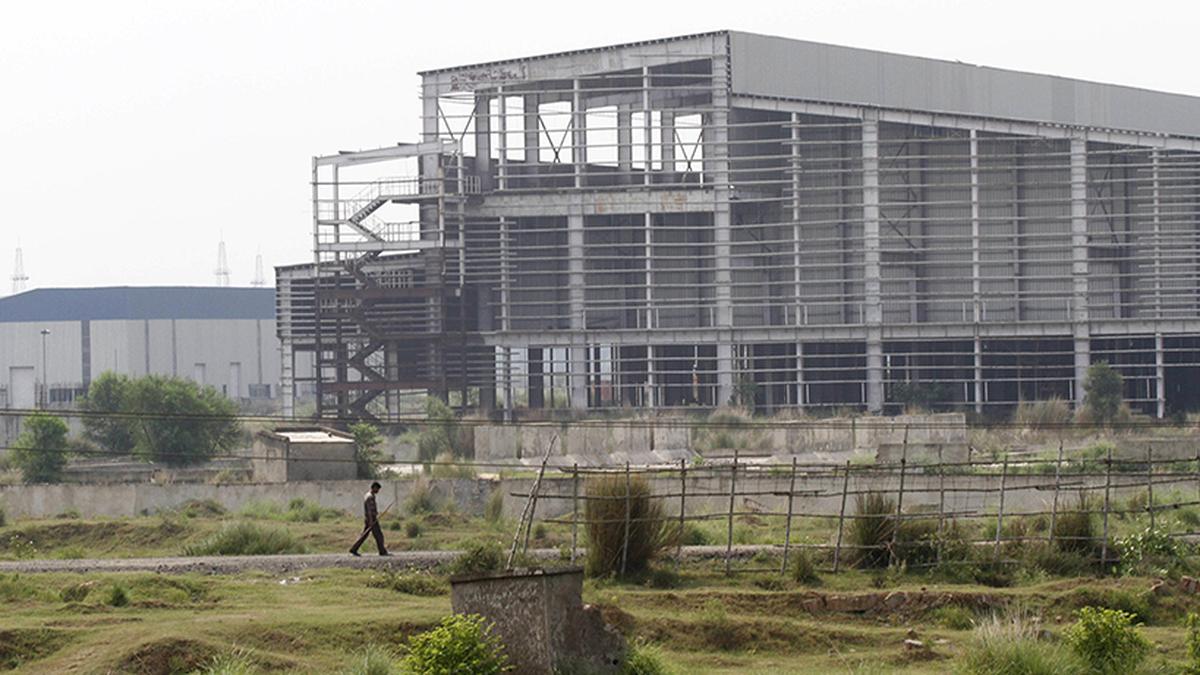
The tussle between West Bengal government and Tata Motors in Singur | Explained
The Hindu
An arbitration panel has directed the West Bengal Industrial Development Corporation to compensate Tata Motors for the loss of investments in the Singur Nano manufacturing plant. We examine the background and progress of the case.
The story so far: In what could serve as an epilogue to a long-drawn tussle between Tata Motors and the West Bengal Industrial Development Corporation (WBIDC), an arbitration panel on Monday directed the latter to compensate the automobile manufacturer for “the loss of capital investments” for the suspended Nano manufacturing facility at Singur. Tata Motors was forced to exit the town in southern Bengal following protests by Trinamool Congress leader Mamata Banerjee alleging “forcible acquisition of land” and forced displacements.
In an exchange filing on Monday, Tata Motors revealed the conclusion of the arbitration panel’s proceedings in its favour. With unanimous agreement, Tata Motors was deemed eligible to recover a sum of Rs 765.78 crore at an interest of 11% per annum from the WBIDC until actual recovery. This would be for the period beginning from September 1, 2016 — when the Supreme Court declared the acquisition of the land in central Bengal as “void and unconstitutional.” It also directed the WBIDC to pay a sum of Rs 1 crore to Tata Motors towards “cost of proceedings” (or legal charges).
Reacting to the development, TMC MP from Dum Dum (West Bengal) Sougata Roy said the tribunal’s order was neither the final verdict nor a judgment of the Supreme Court. “Legal avenues are still open for the State government,” news agency PTI quoted him as saying.
In 2006, the Left government in West Bengal headed by Buddhadeb Bhattacharya allocated 1,000 acres of land to Tata Motors for manufacturing the affordably-priced hatchback Nano in Singur. This was on a lease of 99 years and processed by the WBIDC. However, alleging forcible acquisition of the land and citing concerns about people being displaced from their lands, then opposition leader Mamata Banerjee launched the Singur land movement.
Observing the disruptions at the site, Tata Motors began contemplating a move to another site in mid-2008. This was eventually finalised in October 2008.
In 2011, the newly-elected Trinamool Congress government got the Singur Land Rehabilitation & Development Act, 2011 passed in the legislative Assembly. This became the epicentre of a legal battle as it proposed to take possession of the land leased out to Tata Motors. It also aspired to return the land to owners who had not accepted the compensation granted to them by the previous Left-front government. The balance portion, the Act stated, was to be utilised for “public interest and benefit of the State.”
Observing the disruptions at the site, Tata Motors began contemplating a move to another site in mid-2008. This was eventually finalised in October 2008.













